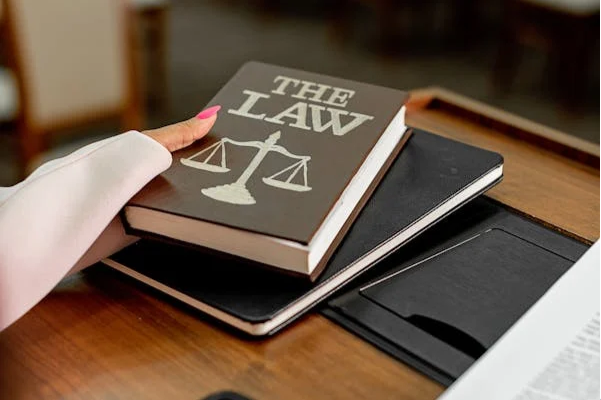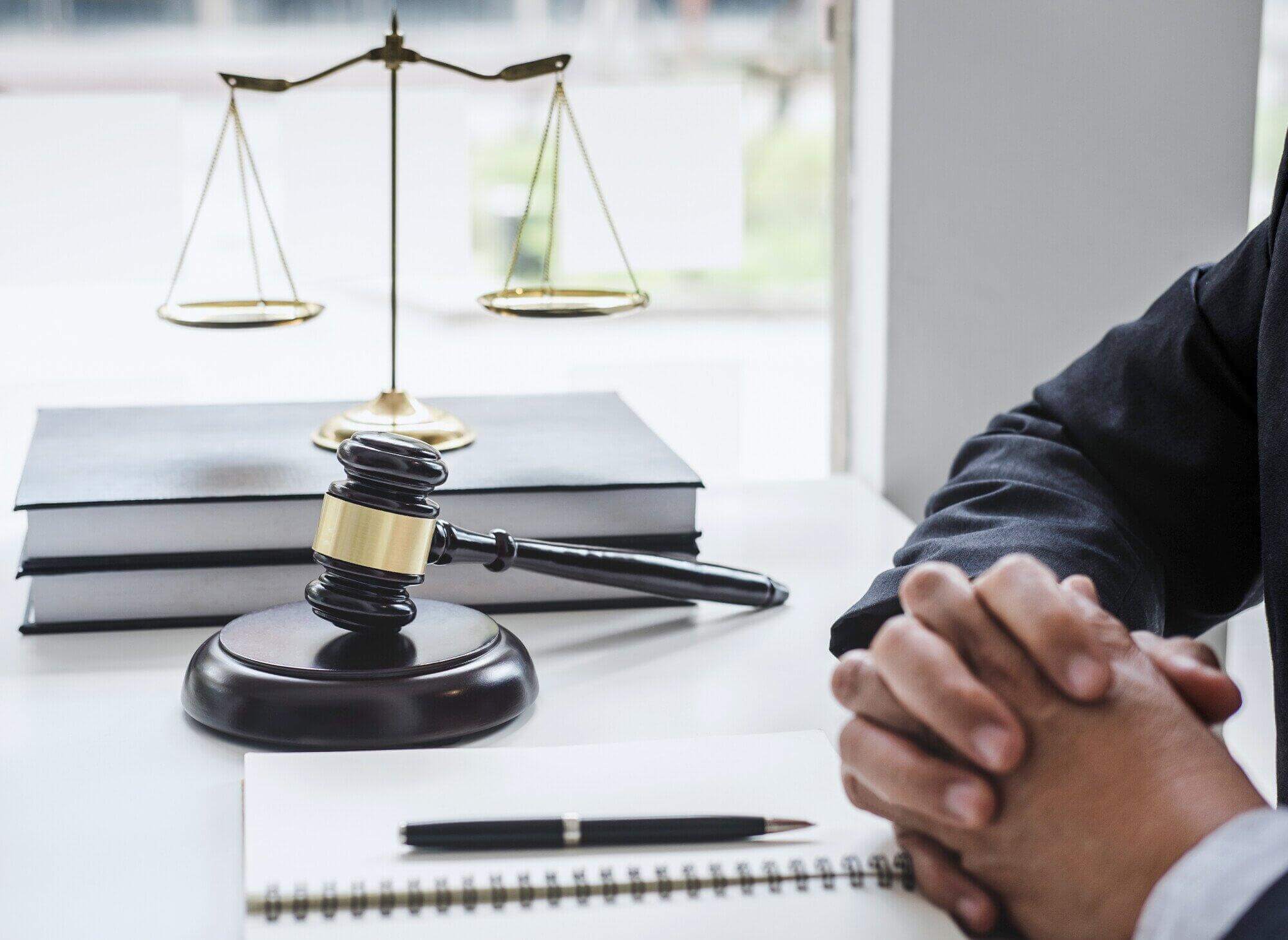Table of Contents:
- What is DUI Manslaughter?
- Legal Implications
- Common Defense Strategies
- The Role of Evidence
- Emotional and Psychological Considerations
- The Courtroom Process
- Summary and Moving Forward
What is DUI Manslaughter?
Driving under the influence (DUI) is a serious offense, but when it leads to a loss of life, the charge elevates to what is commonly referred to as vehicular manslaughter DUI. This particular charge implies that a driver, impaired by alcohol or narcotics, has caused an accident that resulted in a fatality. The severity of the consequences typically involves significant legal repercussions, including long-term imprisonment and substantial fines. The distinction between DUI and DUI manslaughter is critical because the latter involves a fatal outcome, which the law treats with utmost gravity.
Understanding this charge requires a grasp of its implications and the defense mechanisms available to the accused. In jurisdictions where this offense is particularly prevalent, such as vehicular man slaughter DUI, the stakes are incredibly high. The charge affects the driver and leaves an indelible impact on the lives of the victims’ families, necessitating a sensitive and thorough approach to legal defense.
Legal Implications
Navigating the legal landscape of DUI manslaughter can be fraught with complexities, primarily due to the varying laws and penalties that exist between different states. Some states impose minimum mandatory sentences that could extend several years, while others might implement alternative sentencing options such as probation or rehabilitation. This variance reflects the state-specific legislative intent to address DUI crimes, influencing the defense approach and legal strategy. The legal system’s treatment of such cases underscores the need for defendants to grasp the potential penalties they face fully.
Common Defense Strategies
In the face of DUI manslaughter charges, legal counsel can deploy several effective defense strategies. These include disputing the accuracy of breathalyzer or blood tests, questioning the legality of the initial traffic stop, and highlighting procedural missteps during the arrest or booking process. Each defense strategy must be carefully tailored to the case’s specifics to optimize the chances of a favorable outcome.
The success of these strategies largely depends on the expertise of the legal team involved and their ability to leverage case details effectively. By scrutinizing every element of the arrest and evidence collection process, attorneys aim to uncover any inconsistencies or rights violations that could work in the defendant’s favor.
The Role of Evidence
In DUI manslaughter cases, evidence plays a pivotal role in the courtroom, influencing both the prosecution’s presentation and the defense’s counterarguments. Physical evidence collected at the scene, such as skid marks or vehicle damage, can provide critical context to the events leading to the accident.
Additionally, eyewitness testimonies and expert witness analyses contribute significant weight to the proceedings. How evidence is handled, preserved, and presented can spell the difference between conviction and acquittal. As such, the defense must meticulously challenge evidence credibility and seek avenues for discrediting unreliable or improperly obtained testimonies.
Emotional and Psychological Considerations
DUI manslaughter charges inevitably entail profound emotional and psychological dimensions, not only for the accused but also for the victims’ families. These cases often necessitate a delicate balance between legal strategy and sensitivity to the emotional turmoil experienced by all parties involved.
Incorporating psychological assessments into the defense can help illustrate mitigating circumstances to the court. Such assessments might reveal psychological conditions or external factors influencing the defendant’s behavior, potentially leading to reduced charges or alternative sentencing arrangements.
The Courtroom Process
Understanding the courtroom process is paramount for defendants and their legal teams. The process begins with arraignment, where charges are formally read. Pre-trial motions, potential plea deals, and the actual trial follow it. At each stage, strategic decisions must be made, affecting the direction and outcome of the case.
Defense attorneys play a crucial role in this process, from negotiating plea bargains to presenting defense arguments and questioning prosecution witnesses. Each courtroom event, whether motions or complete trial proceedings, is an opportunity to advocate vigorously for the defendant’s rights and interests.
Summary and Moving Forward
Facing a DUI manslaughter charge presents significant legal and personal challenges. With a thorough knowledge of defense strategies, evidence management, and courtroom procedures, defendants can be better prepared for the legal journey.
Ultimately, navigating this difficult legal landscape becomes more manageable with the right preparation and expert legal assistance. The goal is to achieve an outcome that delivers justice and closure for everyone involved.



